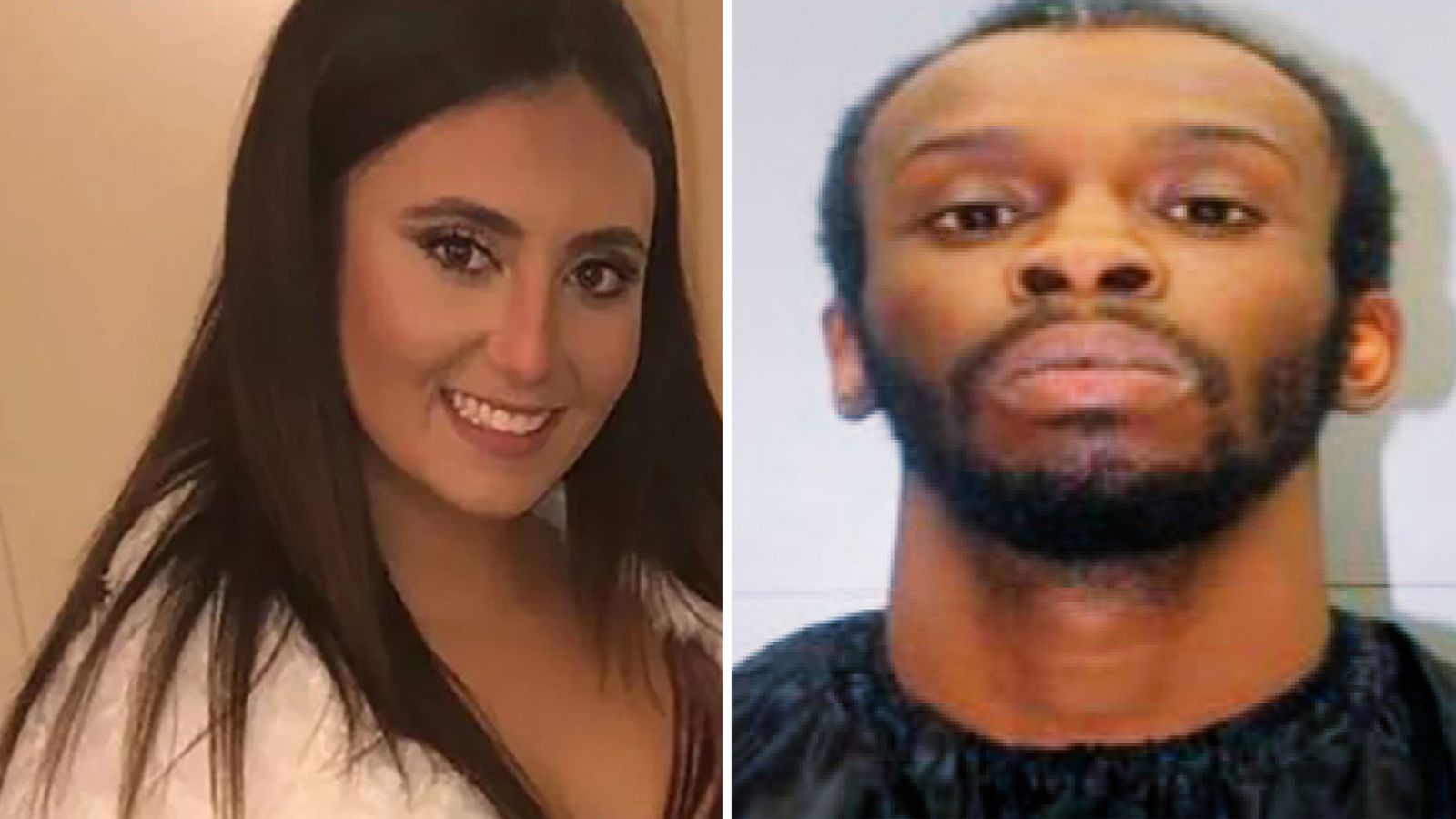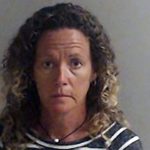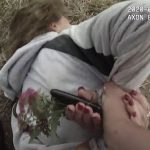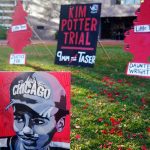A South Carolina university student was stabbed more than 100 times by a man who attacked her after she mistakenly thought his car was an Uber ride, a murder trial was told.
Nathaniel Rowland is on trial for the murder and kidnapping of Samantha Josephson, which is now in its second week in Richland County Court.
The student got into his car in March 2019 thinking it was her Uber ride back to her house, according to prosecutors.
Pathologist Dr Thomas Beaver, who conducted an examination on Ms Josephson’s body, testified on Monday.
He said there was so little blood left in the 21-year-old’s body – just 20ml (1.3 tablespoons) when a body typically has at least four litres – that workers at her autopsy struggled to get enough blood for routine testing.
Dr Beaver spent an hour methodically detailing the approximately 120 separate stab wounds on the student’s body to the courtroom.
He said he did not have an exact number because there were so many.
“It gets to a point where it really doesn’t add much to the report,” Dr Beaver told jurors.
He said almost all the stab wounds were to Ms Josephson’s head, arms, chest and back.
“There were a lot of injuries”, he said, adding he took 170 photos and 13 X-rays.
Several of the wounds penetrated into her brain or neck and would have been fatal, he said.
Earlier, the prosecution linked Ms Josephson’s blood to areas all over Rowland’s Chevrolet Impala, as well as a knife with two blades and cleaning supplies in a rubbish bin behind his girlfriend’s home and on a sock and bandana owned by Rowland.
The prosecution has also used scientific evidence against Rowland, from matching a footprint found on a rear window of his vehicle to Ms Josephson, to mobile phone data showing he was in the area where her body was found around 65 miles (105km) from where she was last seen.
Another witness said DNA found under the accused killer’s fingernails matched Ms Josephson’s genetic material.
Previous testimony saw Rowland’s lawyers pointing out that scientists were not absolutely certain Rowland’s DNA was on the knife and his genetic material was not in other places it might be expected.
The defence’s questioning has also revealed that while the student appeared to fight her attacker – she had several stab wounds that went all the way through her hands – none of Rowland’s DNA was found on her or under her fingernails.
No visible marks were found on Rowland after his arrest.
Rowland faces up to life in prison if convicted – and prosecutors decided against choosing the death penalty.
Ms Josephson’s murder led to some changes to ride-hailing safety, including more prominent displays of driver’s license plates.






















